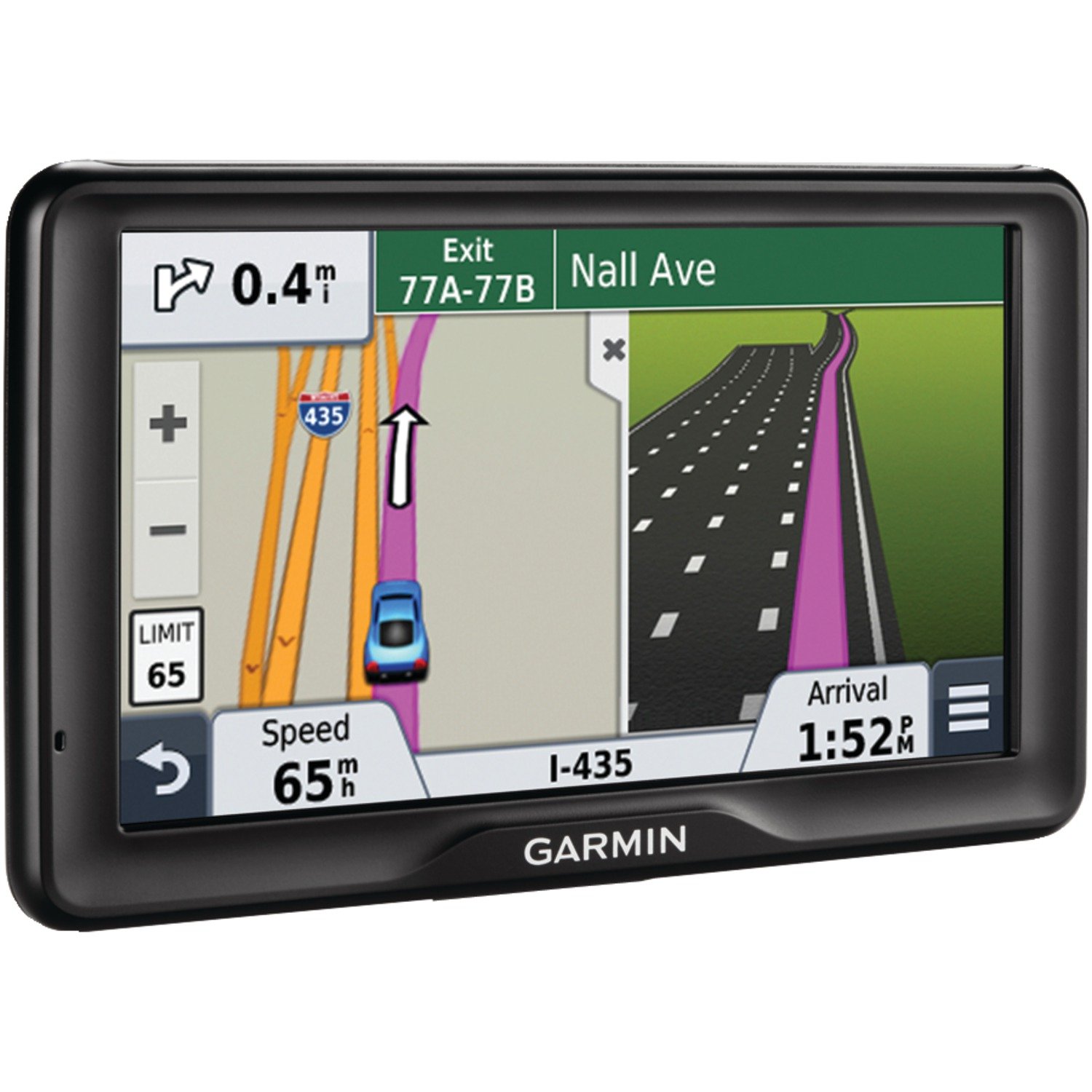So you’re planning an international road trip, and your trusty car GPS navigator is packed and ready to go. But have you ever stopped to wonder if using it is actually legal everywhere you plan to drive? The answer, unfortunately, isn’t a simple yes or no. While GPS navigators are generally accepted and widely used across the globe, there are some nuances and regional variations you should be aware of before setting off on your adventure.
The General Consensus: GPS Navigators are Mostly Legal
In most countries, using a GPS navigator in your car is perfectly legal. These devices are viewed as helpful driving aids, similar to using a map or asking for directions. They improve road safety by reducing driver distraction compared to constantly consulting paper maps. This widespread acceptance stems from their practical benefits: improved route planning, real-time traffic updates, and easier navigation in unfamiliar territories. Many modern vehicles even come equipped with built-in GPS systems.
Exceptions and Regional Variations: Where Things Get Tricky

While the overall legality is positive, certain jurisdictions impose restrictions or have specific laws concerning GPS use. These restrictions are rarely about the GPS device itself, but rather how it’s used. Let’s explore some key areas:
Distracted Driving Laws
Many countries are increasingly cracking down on distracted driving. While using a GPS navigator is not inherently illegal, using it in a way that distracts you from driving safely, such as constantly fiddling with the settings or looking intently at the screen while driving, can lead to hefty fines and even points on your driving license. Always prioritize safe driving practices: program your destination before setting off, and use voice commands or a head-up display whenever possible to minimize visual distraction.
Data Privacy and Surveillance Concerns
Some countries have stricter data privacy regulations than others. The data your GPS navigator collects (your location, route, speed, etc.) might be subject to these regulations. Be aware of the privacy policy of your GPS device and its manufacturer, and be mindful of any potential implications of using it in countries with stringent data protection laws. It’s wise to avoid using GPS devices that have dubious privacy policies, especially in regions with stricter regulations.
Military Zones and Restricted Areas

This is a crucial point. GPS use is usually prohibited in areas considered sensitive for national security reasons, such as military bases, government buildings, or restricted zones. Entering such areas with a GPS device could result in serious consequences, including legal repercussions. Always be mindful of your surroundings and respect any signage indicating restricted access.
Specific Country Regulations

It’s crucial to research the specific laws of each country you plan to visit. For instance, certain countries might have specific rules regarding mounting your GPS device on your windshield, while others might prohibit the use of specific types of GPS devices, particularly those that are unlicensed or not compliant with local standards.
Tips for Safe and Legal GPS Usage Internationally
To ensure you stay on the right side of the law and prioritize safety:
- Research local driving laws: Before your trip, research the specific regulations concerning GPS usage in each country you’ll be visiting.
- Prioritize safe driving practices: Avoid distractions while driving, even if using your GPS navigator. Program destinations before starting your journey and use voice commands.
- Understand your GPS device’s privacy policy: Be aware of what data your device collects and how it is used.
- Download offline maps: Having offline maps as a backup can be invaluable, especially in areas with unreliable internet connectivity. This also reduces reliance on data usage and associated roaming charges.
- Be respectful of restricted areas: Never use your GPS navigator in military zones or restricted areas.
- Carry a physical map as a backup: Although GPS is extremely convenient, it’s always good practice to have a backup plan.
Conclusion: Enjoy Your Trip Responsibly

Using a GPS navigator for international driving is typically legal and incredibly helpful. However, understanding and adhering to local laws and prioritizing safe driving practices are paramount. Always research the specific rules of your destination countries, prioritize safe driving habits, and remember that your GPS navigator is a tool to enhance, not replace, safe and responsible driving practices. A little preparation goes a long way towards a safe and enjoyable international road trip.


